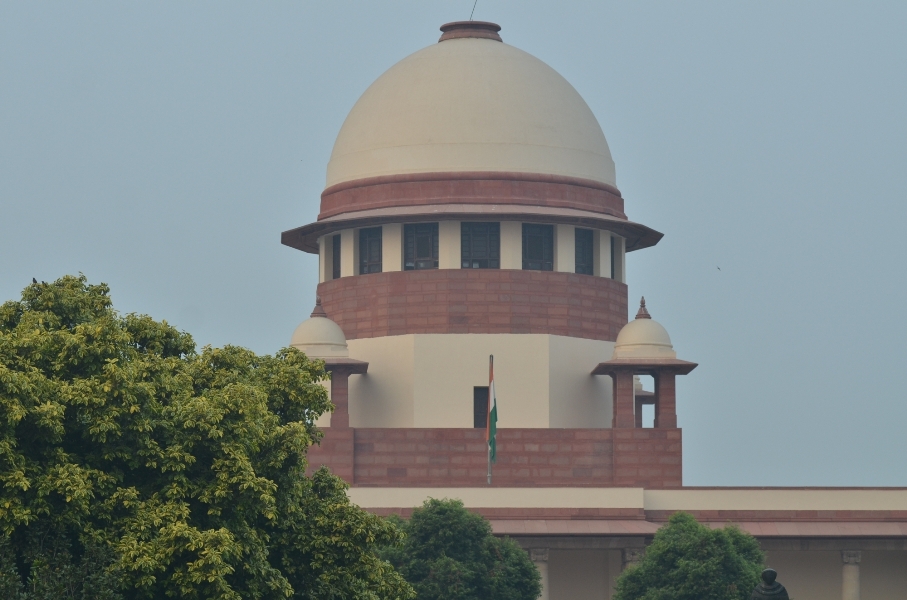
Mere identification in test parade not substantive basis for conviction: SC
New Delhi, Aug 13 (IANS) The Supreme Court said mere identification of an accused in the test identification parade (TIP) cannot form the substantive basis for conviction and there cannot be repeated TIPs till such time that the prosecution is successful in obtaining identification of the accused.
A bench of Justices Navin Sinha and R. Subhash Reddy said: “We find it extremely disturbing that both the trial court and the high court did not go into this aspect at all to satisfy themselves if any TIP had been proved to have been held at all and that too in accordance with the law.”
It observed that a TIP under Section 9 of the Evidence Act is not substantive evidence in a criminal prosecution but is only corroborative evidence. “The purpose of holding a TIP during the stage of investigation is only to ensure that the investigating agency prima facie was proceeding in the right direction where the accused may be unknown or there was a fleeting glance of the accused,” it added.
“Mere identification in the test identification parade therefore cannot form the substantive basis for conviction unless there are other facts and circumstances corroborating the identification,” it held.
The finding by the top court came while acquitting two persons from dacoity charges on the ground that repeated TIPs were conducted to identify them.
The bench said it regrets to note that even the original seizure memo was not produced by the prosecution which speaks volumes about the nature of investigation done by the police.
It noted that it cannot help but notice the very casual manner in which the police conducted the investigation by TIP supported by a claim of recovery to link the two events but failed miserably to establish either.
“On the same set of evidence, two of the accused, one of whom was also identified in the 4th round and in the 2nd round while the other was never identified have been acquitted in separate trials. Prosecution witness 2 turned hostile in that trial denying identification of the accused, and also of the recovered goods,” the bench added.
“In the facts and circumstances of the case, we are unable to uphold the conviction of the appellants. The appeals are allowed, and the appellants are directed to be released forthwith unless wanted in any other case,” it said.
